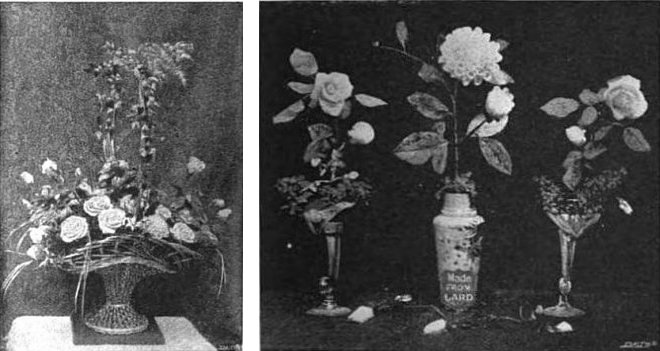Phelim O’More was indicted at a county assize, in Ireland, for a rape.
His defence was ingenious. He gave in proof that he had a garden of beans, in which the prosecutrix committed, nightly, trespasses and depredations.
That having caught her stealing his beans, he declared, if she came again she might expect such consequences as she swore to on trial.
She came, and he kept his word.
The Court were of opinion, that the notice and the trespasses in the bean garden purged the act of felony, by showing consent a priori in the prosecutrix — and the culprit was acquitted.
— Public Advertiser, Aug. 26, 1789




